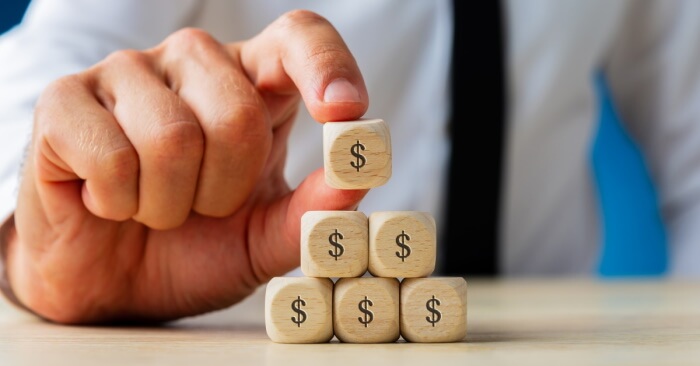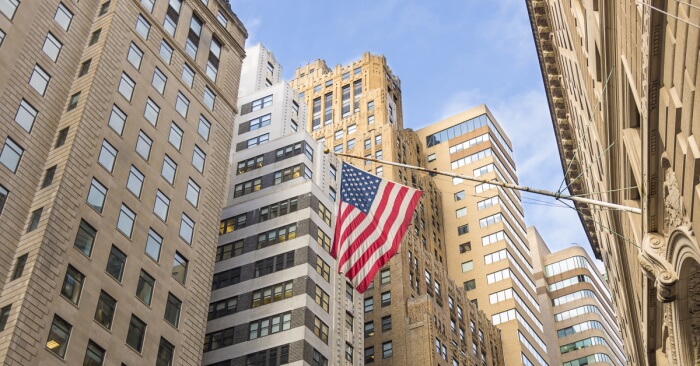Pawn shops are often misunderstood and there are many myths surrounding them.
The fact of the matter is that the pawn industry is a highly regulated, multi-billion dollar industry.
Pawn shops contribute to the American economy by employing thousands of people and providing essential services to millions of consumers.
Pawn shops are also a good indicator of economic conditions.

When pawn shops see more demand for pawn loans, coupled with a drop in retail sales, it’s typically a good indication that the economy is slowing down. On the other hand, demand for pawn loans typically declines in a strong economy and retail sales increase.
In addition, changes in the percentage of pawned items reclaimed by customers is also a good indicator of how the economy is doing.
Pawn shops are often able to hedge themselves against economic changes by loaning more money when the economy is down and selling more merchandise when the economy is up. It does not mean all pawn shops are thriving. Many go out of business every year. But as an industry, the pawn industry is more resilient than many others.
How Pawn Shops Benefit the American Economy

Based on statistics, there are an estimated 11,000 independently owned pawn shops operating nationwide that employ about 35,000 people and contribute over $14 billion to the economy every year.
But the biggest benefit to the economy is undoubtedly the millions of people that pawn shops help with short-term collateral loans. For many consumers and small business owners, pawn shops are a lifeline in times of need.
Most consumers (80% – 85%) pay off their collateral loans and redeem the items they offered as security for their loans.
According to the National Pawnbrokers Association:
“Pawn customers represent the working families of America who periodically experience an unexpected need for short-term funds. Pawn loans keep the electricity on, the rent paid, and cars running with full tanks of gas by providing a safety-net to over 30 million unbanked or underbanked Americans. Independent pawnbrokers also provide services to America’s small businesses.”
The average pawnshop loan is about $150 and is repaid in about 30 days.
When many people think of cash flow, they immediately think of the money that flows in and out of businesses. But like businesses need a positive cash flow to survive, so do consumers.
Studies show the most common items consumers pawn, in order of popularity, when they need cash are:
- Electronics
- Antiques and collectibles
- Tools and equipment
- Designer wear and handbags
- Jewelry
- Luxury watches
- Musical instruments and equipment
- Guns
- Vehicles
- Precious metals or stones
The above items will differ from state to state and from pawn shop to pawn shop. For example, at Maxferd we do not deal in guns.
The items that Maxferd accept are:
- Jewelry
- Broken jewelry
- Fine watches
- Precious metals and coins
- Loose diamonds and precious gemstones
- High-end DSLR cameras and equipment
- Apple products
- Laptops and computers
- Musical instruments
- Certain collectibles
- Luxury handbags
- Art
That's a Wrap
We trust you find this article informative and will have a better understanding of how individual pawn shops and the industry as a whole are good for the United States economy.
Don’t hesitate to contact Maxferd if you have items you want to sell, pawn, or have evaluated. And if you want to buy something special for yourself or a loved one, we look forward to seeing you.
Call us at (800) 888-7296 or visit one of our five pawn shops in Los Angeles and San Francisco to find out how we can assist you.

